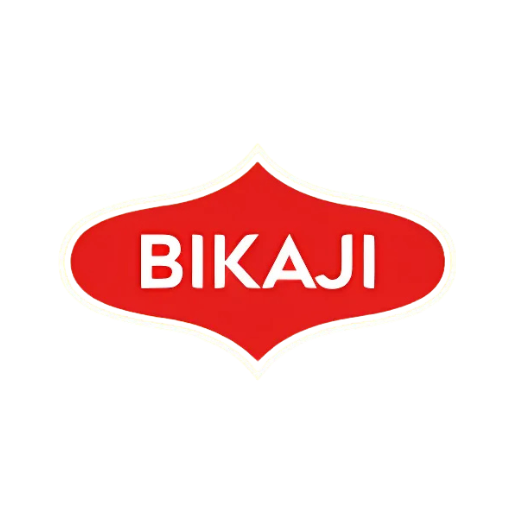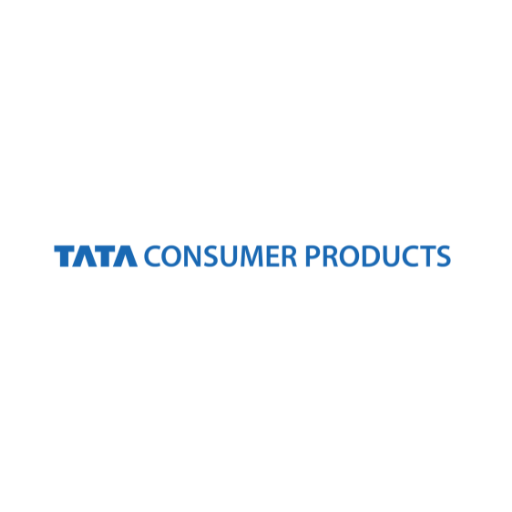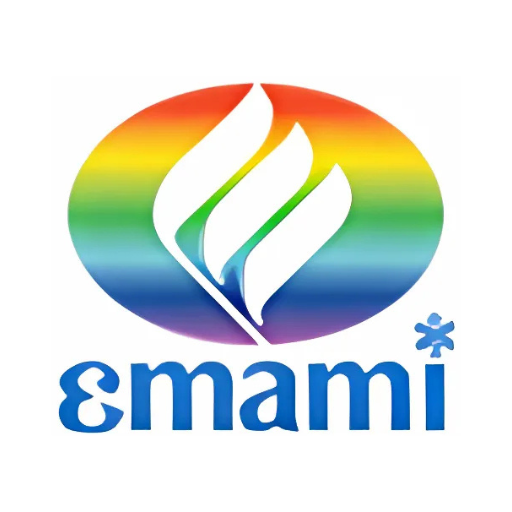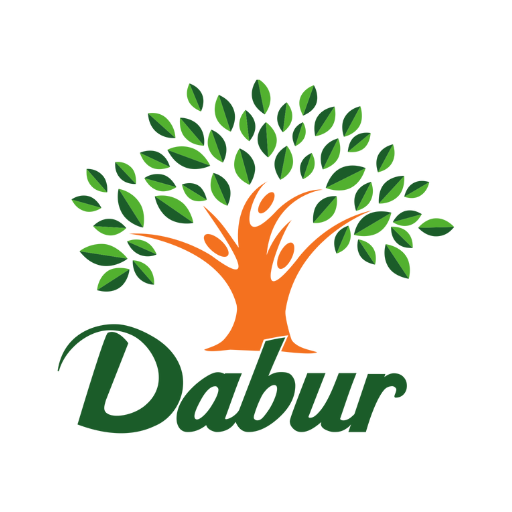GST transition, heavy rain hit FMCG in Q2; recovery seen from November: Nuvama
According to Nuvama, the second quarter is expected to see an adverse impact on volumes, margins, and working capital days in the FMCG sector. However, this is a one-off phenomenon that should reverse from November onwards
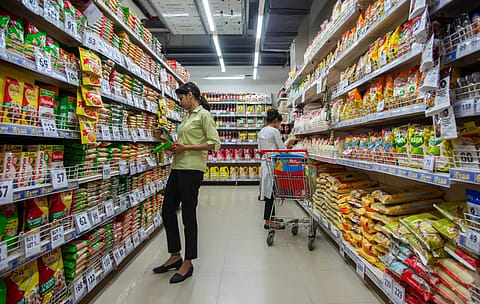
The September quarter proved to be a challenging one for India’s consumer sector, weighed down by the transition pains of GST, unseasonal rain, and a weak summer portfolio. Nuvama Institutional Equities expects growth trends to stabilise from November, with staples leading the recovery.
“We expect Q2FY26 to see adverse transition impact on volumes, margins, and working capital days. However, this is a one-off [phenomenon] and should reverse from November onwards,” said Abneesh Roy, executive director at Nuvama.
GST disruption drags growth
The shift of large FMCG categories, such as soaps, shampoos, toothpaste, and biscuits, from the 18% to 5% GST slab has created short-term distortions. Companies have passed on the benefits to consumers through price cuts and value packs, but the transition has led to destocking by trade partners and delayed consumer purchases.
“Inverted duty structures remain a challenge. Input tax credit on services like advertising, logistics, and outsourcing may remain unutilised, and companies are likely to eventually factor this into pricing,” Roy said.
As a result, Nuvama forecasts revenue and volume growth of 5% and 2% year-over-year, respectively, for its coverage universe in the second quarter of FY26, with Ebitda remaining flat year-over-year.
Weather adds to pain
Heavy rain further dampened demand for summer-linked categories, such as carbonated drinks, beer, ice cream, cooling oils, and paints. Companies like Varun Beverages, Emami, United Breweries, and Dabur are expected to report weak numbers for the quarter.
On the other hand, a likely harsh winter due to La Niña could lift demand for skin care and immunity products. “HUL, Dabur, and Emami may benefit from stronger uptake in their winter and health portfolios, while beverages could face headwinds,” Roy added.
Recommended Stories
Among staples, Nuvama’s top picks include Bikaji Foods, Britannia, Nestle, Hindustan Unilever, and Tata Consumer. In discretionary consumer items, United Spirits and Asian Paints are preferred.
Rural demand remains resilient, thanks to government schemes and favourable rainfall across most regions. “H2FY26 is likely to post a volume boost for most consumer staples categories as GST reforms, rural demand, and festive season tailwinds play out,” Roy said.


